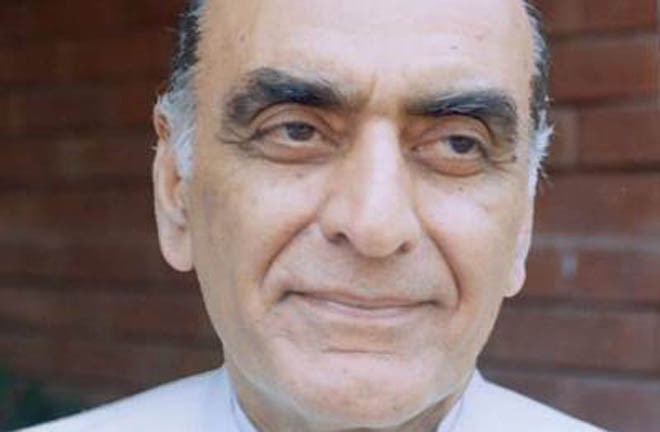
Interim cabinets are expensive and should be curtailed

Dear All,
The primary purpose of an interim or caretaker government setup is supposed to be to ensure that the administration is impartial in the holding of general elections.
One can understand the logic of this premise but given the Pakistan context a number of questions do arise over the desirability of such a system.
It is desirable -- primarily for those who manage to get this sort of assignment. It is desirable because they enjoy three months of top protocols and financial allowance. They also enjoy extensive media coverage that then serves to raise their public and professional profile and improve their prospects for other important assignments.
Can supposedly non-partisan cabinets actually achieve very much? Opposition parties labelled the 2013 general election ‘the ROs election’, alleging that it had been influenced by returning officers overseeing the polling process -- and that this had been coordinated through judicial networks. Promises and payments were alleged to have been made, and although these were allegations, if anything like this did occur, it occurred in the presence of an interim setup.
Interim cabinets can oversee things to some extent but they cannot undo years of patronage and linkages. Although the bureaucracy is mainly supposed to function on a non-partisan basis, the reality is that Pakistan’s bureaucracy -- particularly in the Punjab -- now finds job security in aligning itself politically. Political patronage of officials will include not just close personal contacts but also plum postings and perks, matrimonial linkages and, in some cases, shared enterprises and common interests.
One can sort of understand why bureaucrats might make this choice: upright and impartial bureaucrats who might think they are doing ‘the right, proper and legal thing’ are inevitably penalised for taking a stand or not obeying a command from the political master. Their professions are badly impacted, and nearly every bureaucrat has a story about such an incident in the early days of their career.
So with the patronage of the bureaucracy already in place, an interim government only has a section of the administration to work with. Patronage of the judiciary was alleged in the last election, and now in the run-up to elections patronage or intimidation of the media is quite extensive and fairly obvious -- the news agenda is increasingly dictated by certain establishment quarters whose mantra is ‘national security’.
With all of these biases in place what a caretaker setup can do is pretty limited. Of course there do remain many day-to-day matters to take care of, but why not have senior bureaucrats with expertise in particular departments take over those departments temporarily? An interim provincial or federal first minister could oversee these departments and an interim government would not make any decisions that would be binding on the next elected government (this is important, because governments cannot implement manifesto pledges if they are saddled with economic commitments -- this was the case for example in 1993, when the imported interim PM Moeen Qureshi initiated "extensive reforms made that were supported by an IMF standby arrangement and significant World Bank lending").
It might be worth rethinking the terms of a ‘caretaker government’: instead of large (and expensive) cabinets why not have competent bureaucrats manage ministries under the supervision of a prime minister and chief ministers? Spending on these interim VIPs also needs to be limited. The interim government should not think it has a mandate to implement reforms. Any measures it takes to improve efficiency or transparency should be administratively intelligent and totally transparent. And such posts should not be a platform for ambitious, entitled personalities or establishment favourites to further their own careers…
We also should be mindful of the fact that the whole idea and narrative of a caretaker setup reinforces the idea that a technocratic setup is somehow superior to a political one. The next elected government might want to look into the perks, privileges and parametres of an interim setup and, perhaps, reframe the legislation and process regarding this.
Best wishes